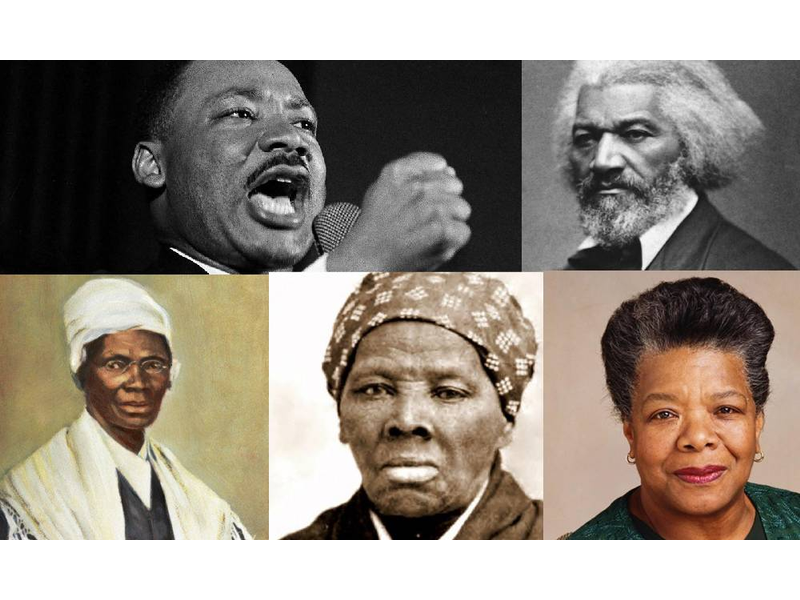The civil rights movement was a time of great turmoil and progress in the United States. It was also a time when some of the most inspiring Black leaders emerged. In this blog post, we will take a look at Black civil rights leaders of both the past and present. We will explore their accomplishments, their struggles, and their impact on the world today.
Frederick Douglass

Frederick Douglass was an American social reformer, abolitionist, orator, writer, and statesman. After escaping from slavery in Maryland, he became a national leader of the abolitionist movement in Massachusetts and New York. His writings and speeches urged the United States to fulfill its promise of liberty and equality for all citizens.
In 1845, Douglass published his first autobiography, Narrative of the Life of Frederick Douglass, an American Slave, which became a best-seller. He went on to publish two more autobiographies and become a respected newspaper editor and publisher. Douglass actively campaigned against slavery and racism throughout his life. In 1863, he was appointed as a counsellor to President Abraham Lincoln during the Civil War. After the war ended, Douglass served as our country’s first African-American diplomat.
Douglass died in 1895 at the age of 77. His life and work continue to inspire people around the world who are fighting for justice and equality.
Sojourner Truth
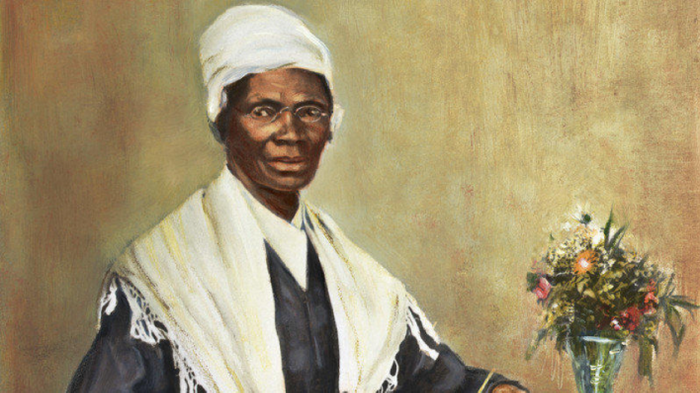
Sojourner Truth was born into slavery in New York in the late eighteenth century. She escaped to freedom in 1826, taking the name Sojourner Truth as an affirmation of her new life. Sojourner Truth became a leading voice for the abolition of slavery and for the rights of women and African Americans. In 1851, she delivered her famous “Ain’t I a Woman?” speech at a women’s rights convention in Akron, Ohio. Sojourner Truth continued to fight for justice until her death in 1883.
Harriet Tubman
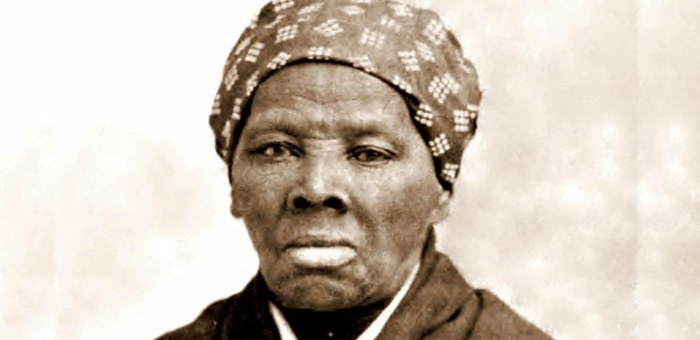
Harriet Tubman is one of the most famous Black civil rights leaders of all time. Born into slavery, she escaped and made it her life’s work to help others do the same. She was also an active participant in the Underground Railroad, a network of safe houses and routes used by runaway slaves to escape to freedom. In addition to her work as a conductor on the Underground Railroad, Tubman also served as a nurse, cook, and spy for the Union Army during the Civil War. After the war, she continued her fight for civil rights by helping to found the African Methodist Episcopal Zion Church.
W.E.B. Du Bois

W.E.B. Du Bois is one of the most influential Black civil rights leaders of the past and present. He was born in Massachusetts in 1868, and was one of the first African Americans to attend Harvard University. After graduating, he became a professor at Atlanta University, where he conducted groundbreaking research on race relations in the United States.
In 1903, Du Bois co-founded the National Association for the Advancement of Colored People (NAACP), and served as its director of publicity and research. He was a vocal critic of racial injustice and discrimination, and his work helped to raise awareness of the plight of Black Americans. In 1909, he published The Souls of Black Folk, a collection of essays which is considered one of the most important works on race in America.
Du Bois continued to be an active voice in the civil rights movement until his death in 1963. His legacy continues to inspire generations of activists who continue to fight for equality and justice for all people.
Rosa Parks
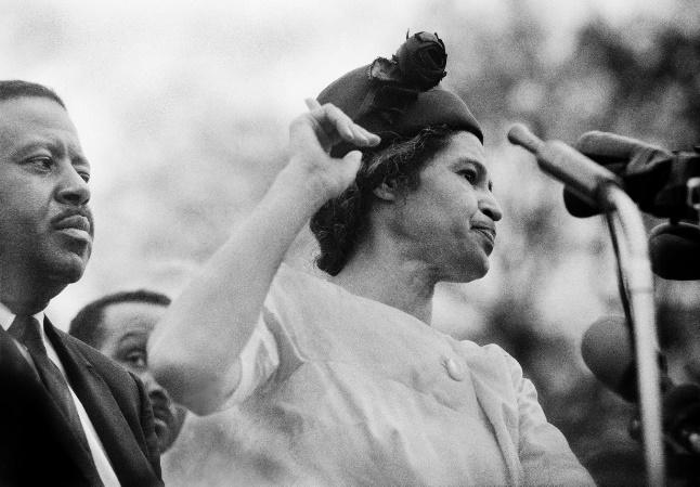
Rosa Parks is a civil rights leader who fought for the desegregation of public transportation and other public spaces. She was born in Tuskegee, Alabama, in 1913, and grew up during a time when Jim Crow laws were in effect. These laws enforced segregation between Blacks and Whites in the United States.
Parks first gained national attention in 1955 when she was arrested for refusing to give up her bus seat to a White person. This incident sparked the Montgomery Bus Boycott, which lasted for 381 days and resulted in the desegregation of public buses in Montgomery, Alabama.
Parks continued to fight for civil rights throughout her life. In 1987, she founded the Rosa and Raymond Parks Institute for Self-Development, which provides educational and leadership opportunities to young people. She also served on the boards of several civil rights organizations.
Parks passed away in 2005, but her legacy continues to live on through her work as a civil rights leader.
Martin Luther King Jr
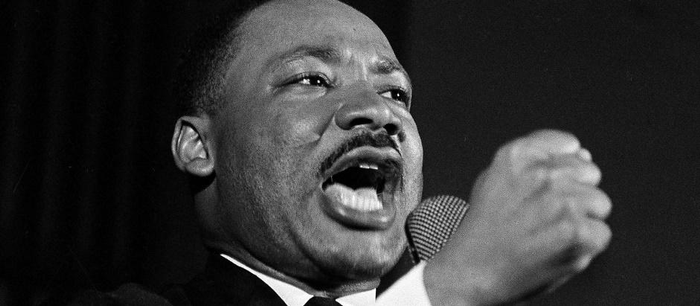
Martin Luther King Jr is one of the most influential Black civil rights leaders of all time. He fought for equality and justice for all people, regardless of race. His work helped to end segregation and ensure that everyone had the same rights under the law. He also gave some of the most famous speeches in American history, including his “I Have a Dream” speech. King was assassinated in 1968, but his legacy continues on today.
Maya Angelou
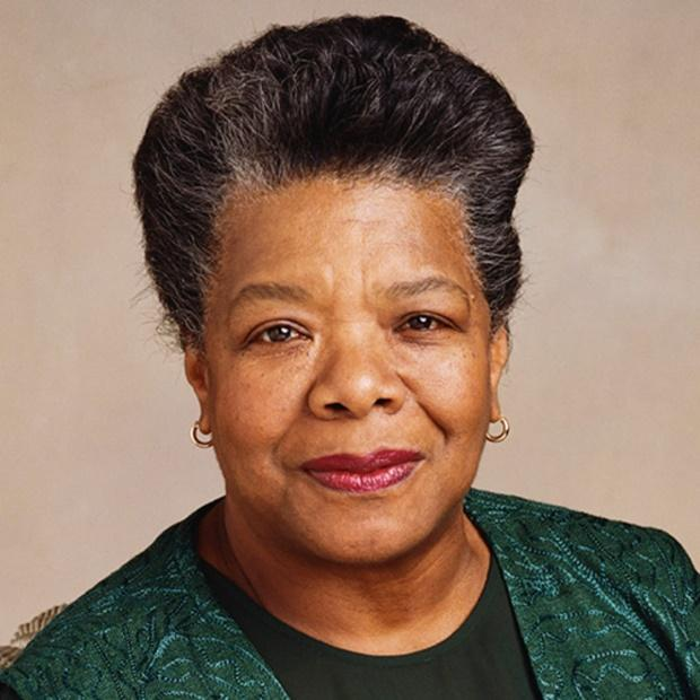
Maya Angelou was an American poet, singer, memoirist, and civil rights activist. She is best known for her work, I Know Why the Caged Bird Sings, which tells the story of her early life up to age 17.
Born in St. Louis, Missouri, in 1928, Maya Angelou was raised by her grandmother in rural Arkansas. At age 13 she moved to San Francisco to live with her mother. After a teenage pregnancy and marriage ended in divorce, she worked as a waitress and cook before becoming involved in the poetry scene of the city’s African American community. In the 1950s she moved to New York City, where she worked as an actress, dancer, and writer.
Angelou’s first book, I Know Why the Caged Bird Sings (1969), made her one of the first Black female authors to have a book published by Random House. The book was nominated for a National Book Award and made into a television movie in 1979. In all, she wrote seven autobiographies; her last one, Mom & Me & Mom (2013), focused on her relationship with her mother.
A civil rights activist since the 1950s, Angelou worked alongside Martin Luther King Jr. during the early 1960s in support of his Southern Christian Leadership Conference; she later served on its board of directors. In addition to writing books and poems, Angelou gave lectures and performances throughout her career; she also taught at several colleges.

Minna Davies is a creative writer and a thespian with a degree in theatre arts from the University of Lagos. He has been privileged to have some of his works featured on Nigeria’s big stages. It is important to dream, but if no one gets to see it, it is as good as dead.

